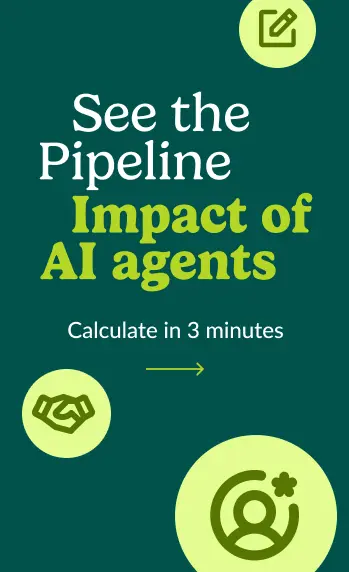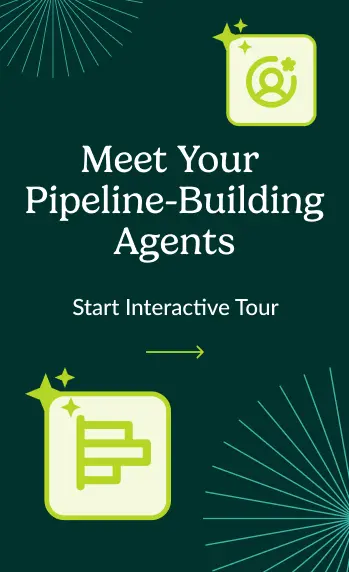Unchurnable, Episode 3: Next-Gen Skills and AI in Customer Success
Published:

This interview has been edited for clarity.
The Journey to Salesloft’s Successful Onboarding Program
Sarah Norton: Welcome back to Unturnable. In the last two episodes, we covered the evolution of customer success and tactics for earning trust. Today, let's dig deeper into the next generation of onboarding and customer success. Recently, we launched a next-gen onboarding program powered by AI. Sam, can you walk us through how that works?
Sam Loveland: Before I dive into how it works, let me explain why we got here and how we collaborated. Onboarding is crucial for customer success. Starting on the right foot is vital. We measure our scores post-onboarding, not just CSAT scores, but technical outcomes as well. We identified areas for improvement through a cross-functional effort involving teams from marketing, customer success, consulting, education, and engineering. Everyone contributed to whiteboarding the desired experience, our current state, and our goals, following a crawl, walk, run methodology. We piloted this in Q4 last year, learned from it, and now we're into the next-gen onboarding. This integrates our process and methodology with AI technology, providing in-product prompts and real-time video guides tailored to customer outcomes and priorities. Early results have been promising, and we expect more iterations.
Strategic Impact
Sarah Norton: It's made conversations between customers and us more strategic. How do you think this helps long-term? Does it set them up for more success, faster adoption, or both?
Sam Loveland: It's a bit of both. AI handles day-to-day tactical elements, like guiding customers on what to do next. This allows our consultants to focus on strategy and outcomes, enhancing the value of their conversations with customers. It also gives time back to our customers since the process is self-paced, allowing them to proceed as their schedules permit. This brings onboarding to the moment they need it.
AI Integration in Workflow
Sarah Norton: Are you using AI to improve your work processes?
Sam Loveland: Absolutely. We use AI to create content, draft decks, and white papers. To encourage adoption, we held a company-wide hackathon involving everyone, regardless of their role. This initiative resulted in valuable knowledge articles and marketing content, enriching our content repository. It was a great learning experience for everyone. However, the first AI-generated prompt usually needs refinement to align with our brand voice, which is part of the learning process.
Human Element in Customer Success
Sarah Norton: The future of customer success requires a synergy between humans and technology. What skills do you think are indispensable for your team that technology can't replace?
Sam Loveland: The consultative nature is irreplaceable. Building trust, having strategic conversations, and developing strategies are crucial. AI will enhance these roles, but the human element remains essential because people buy from those they trust. New roles, like prompt engineering, are emerging, but humans will always be necessary to maintain these relationships.
Sarah Norton: Thank you, Sam, for spending time with me over these sessions. It's been great learning about the evolution of customer success, tactics for earning trust, and next-gen onboarding.
Sam Loveland: Thanks for having me. It's been a pleasure.
Unchurnable, a limited Salesloft series, is your guide to nailing customer success and building relationships that drive revenue.
In Episode 3 of Unchurnable, CCO Sam Loveland and host Sarah Norton discuss Salesloft's successful customer onboarding program, how the next generation of onboarding should include AI, and the skills that AI can’t replace within a top-notch customer success team.
Check out the rest of the series below
If you liked this episode, you can watch more Unchurnable episodes below or by visiting our Resource Center.





























